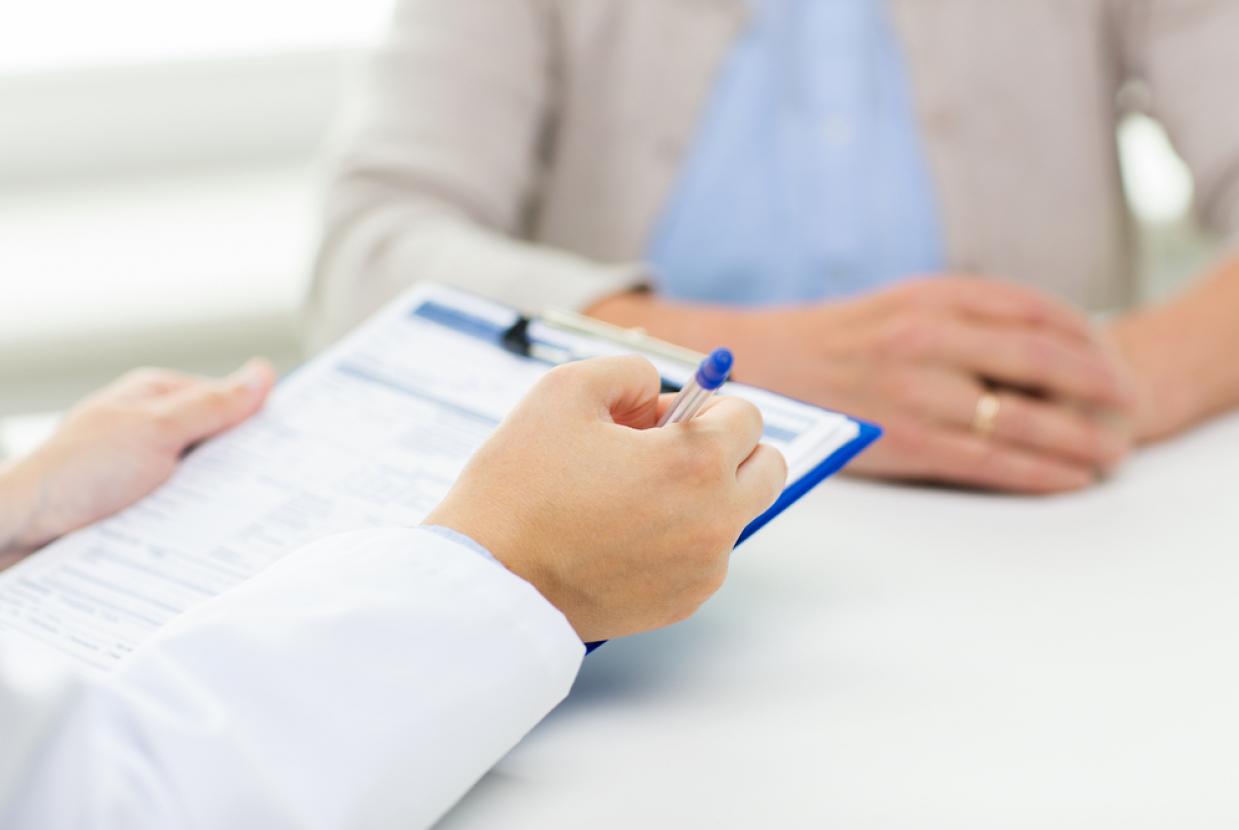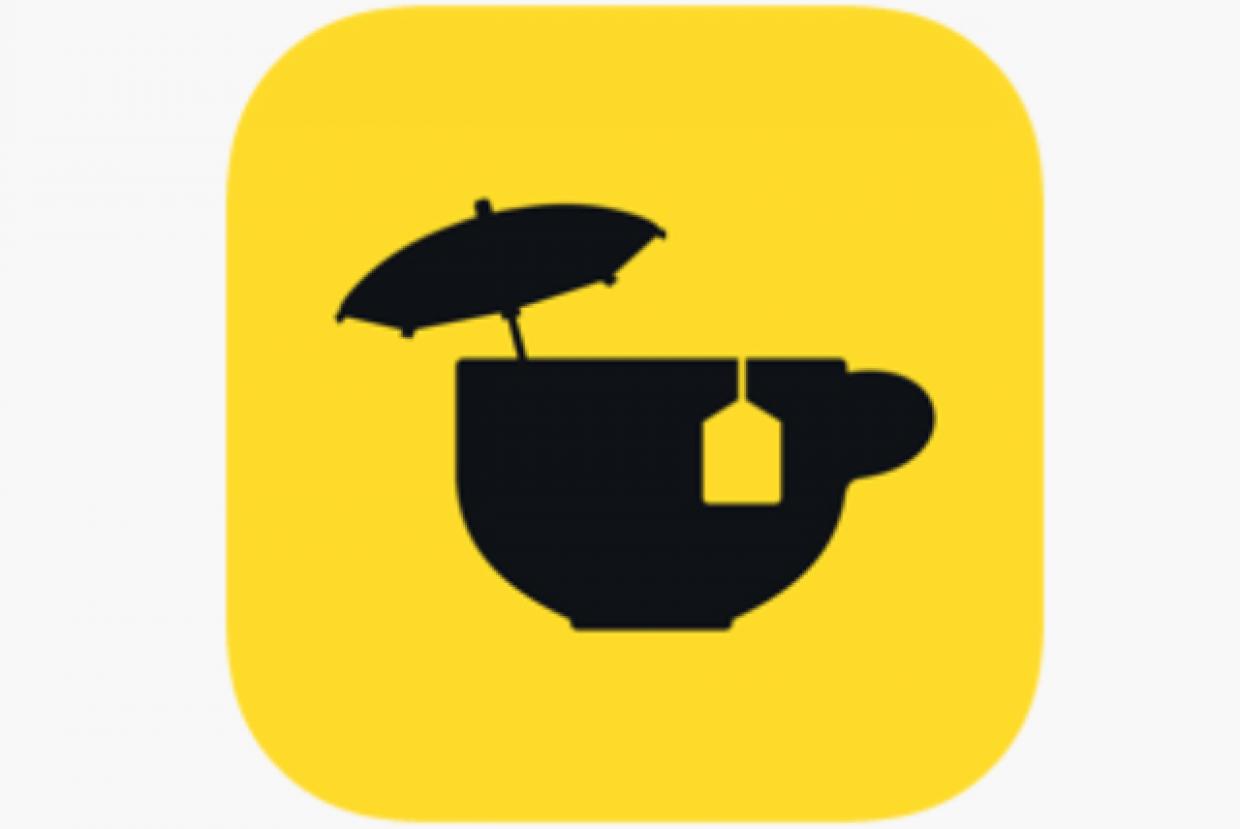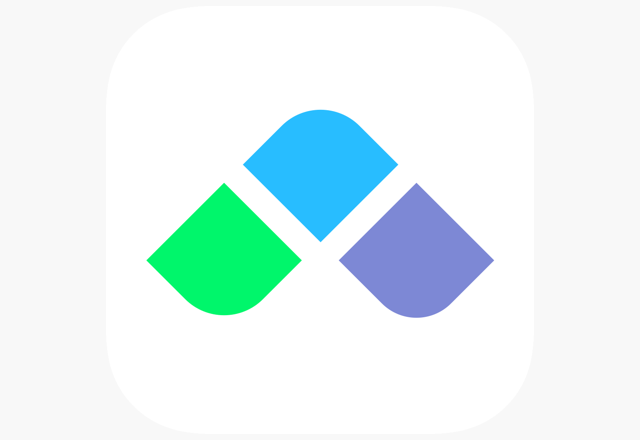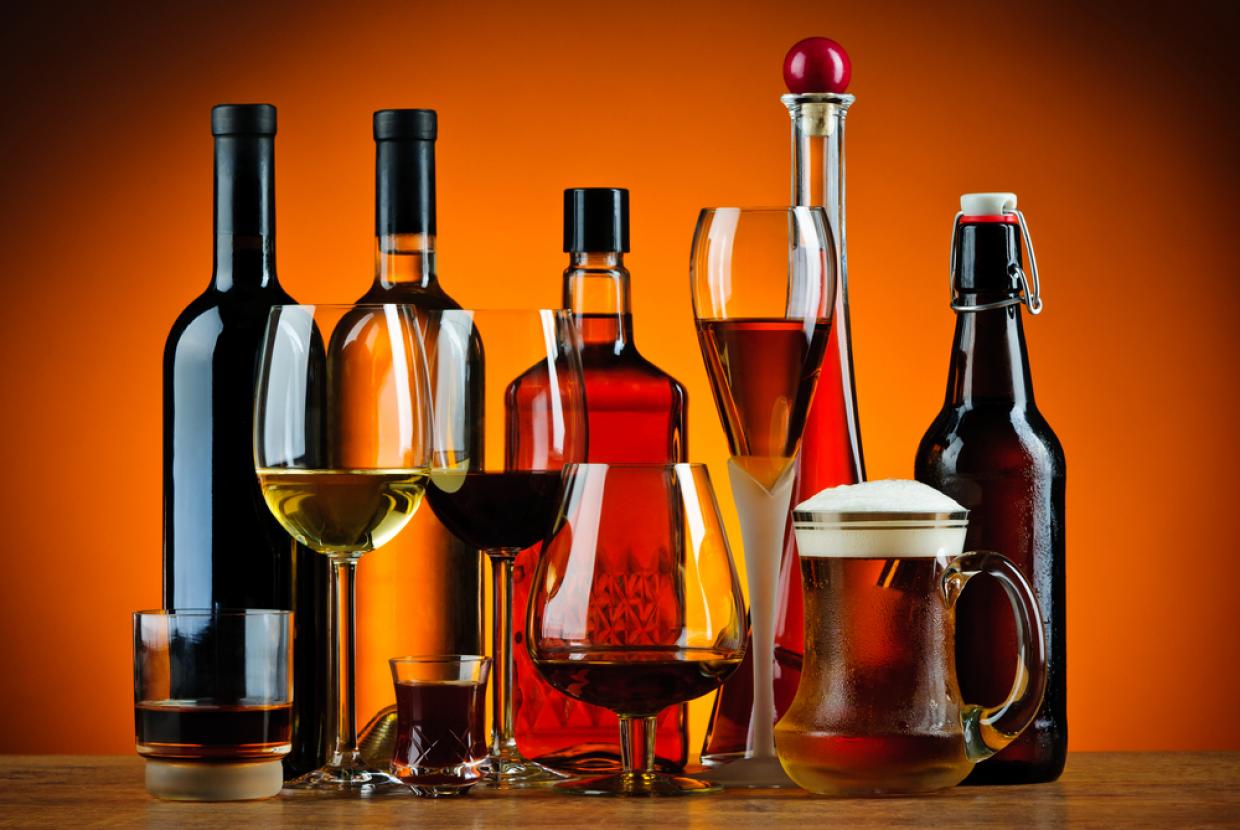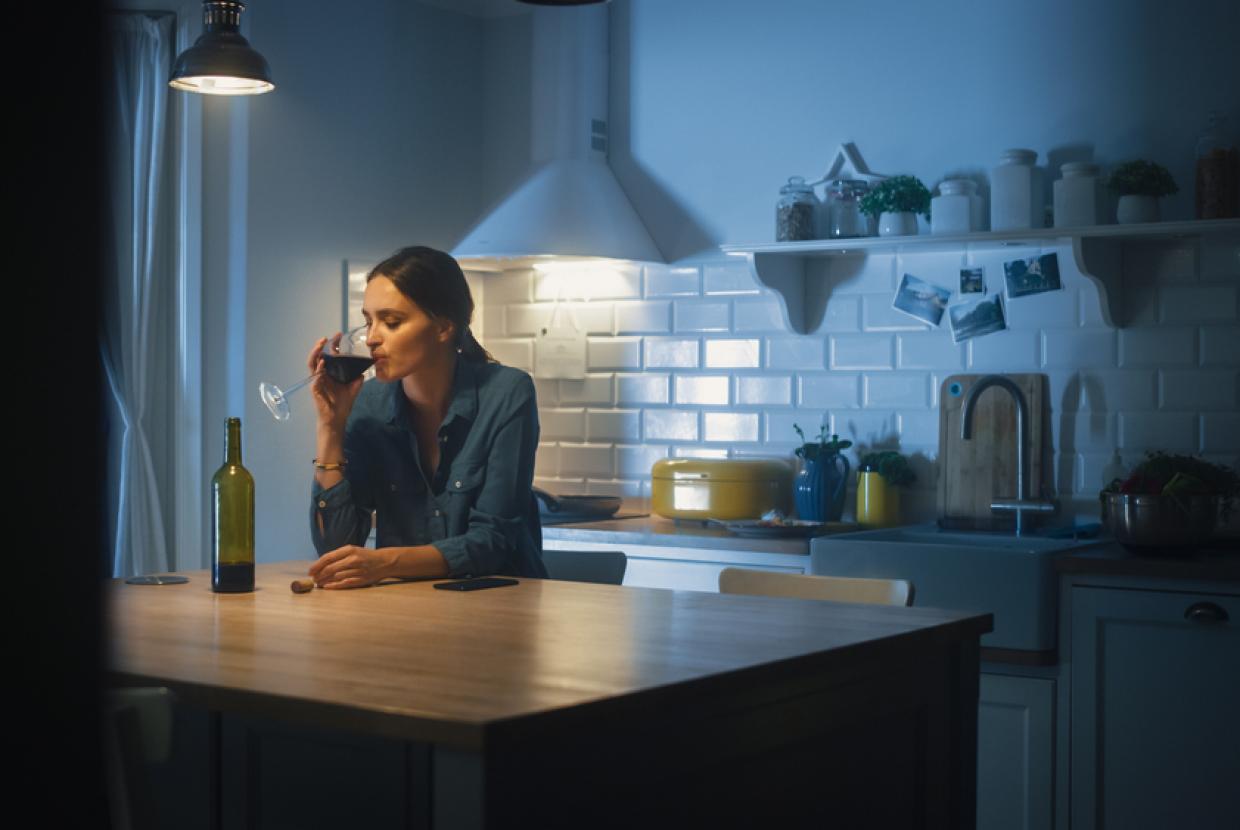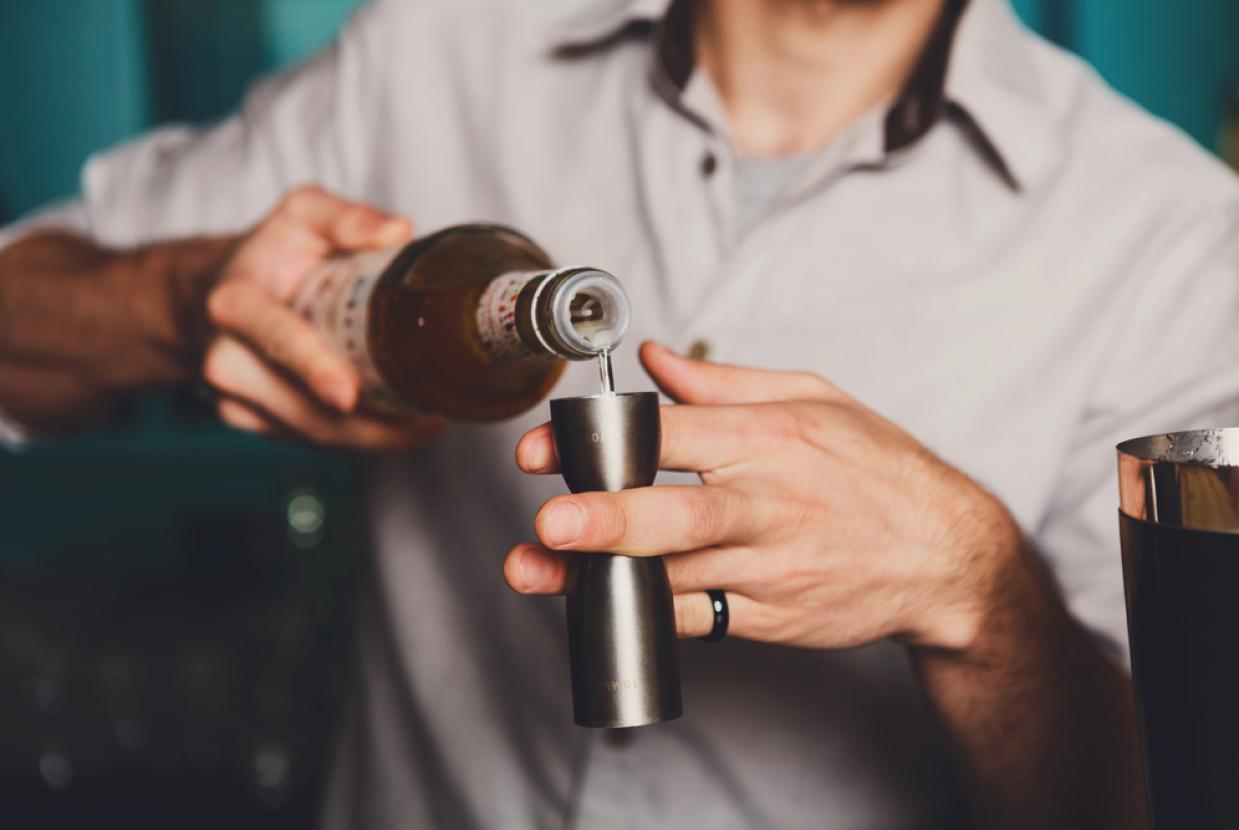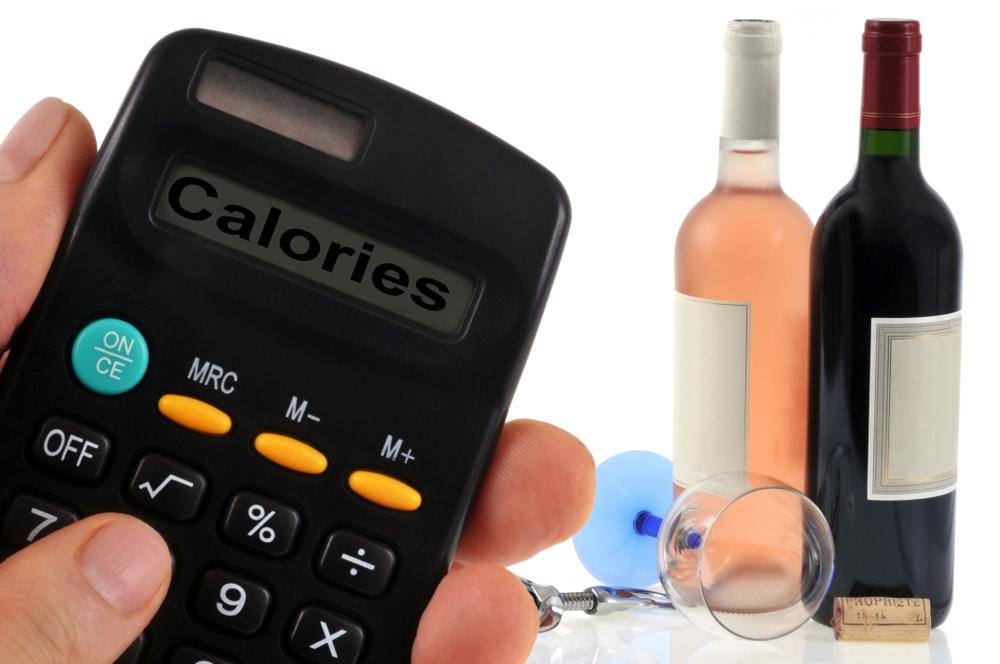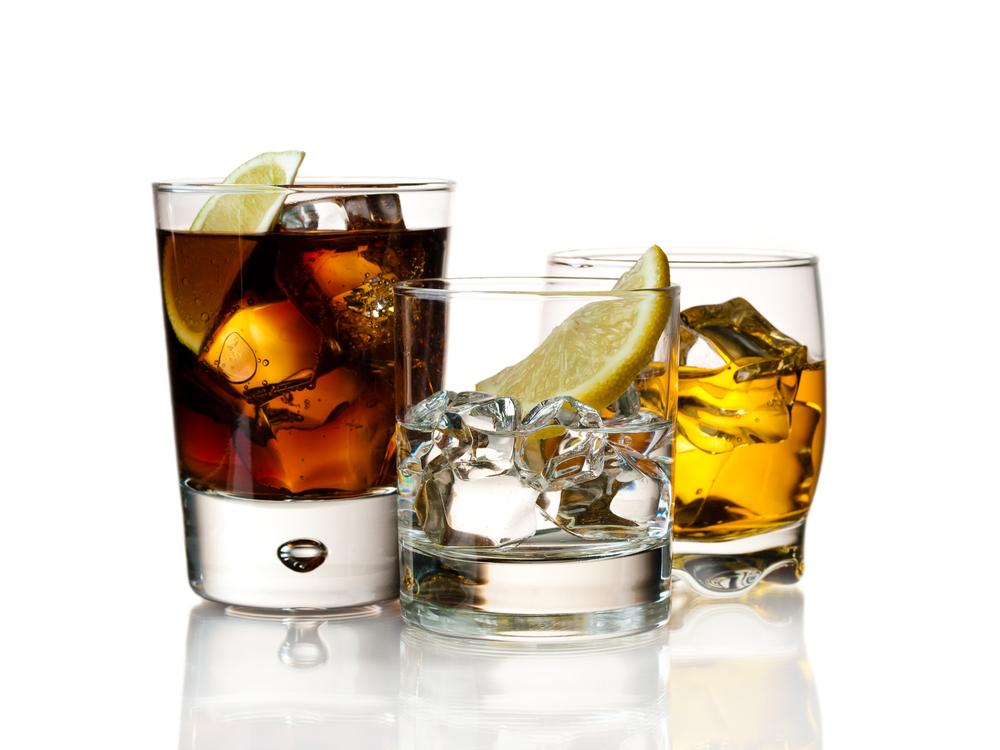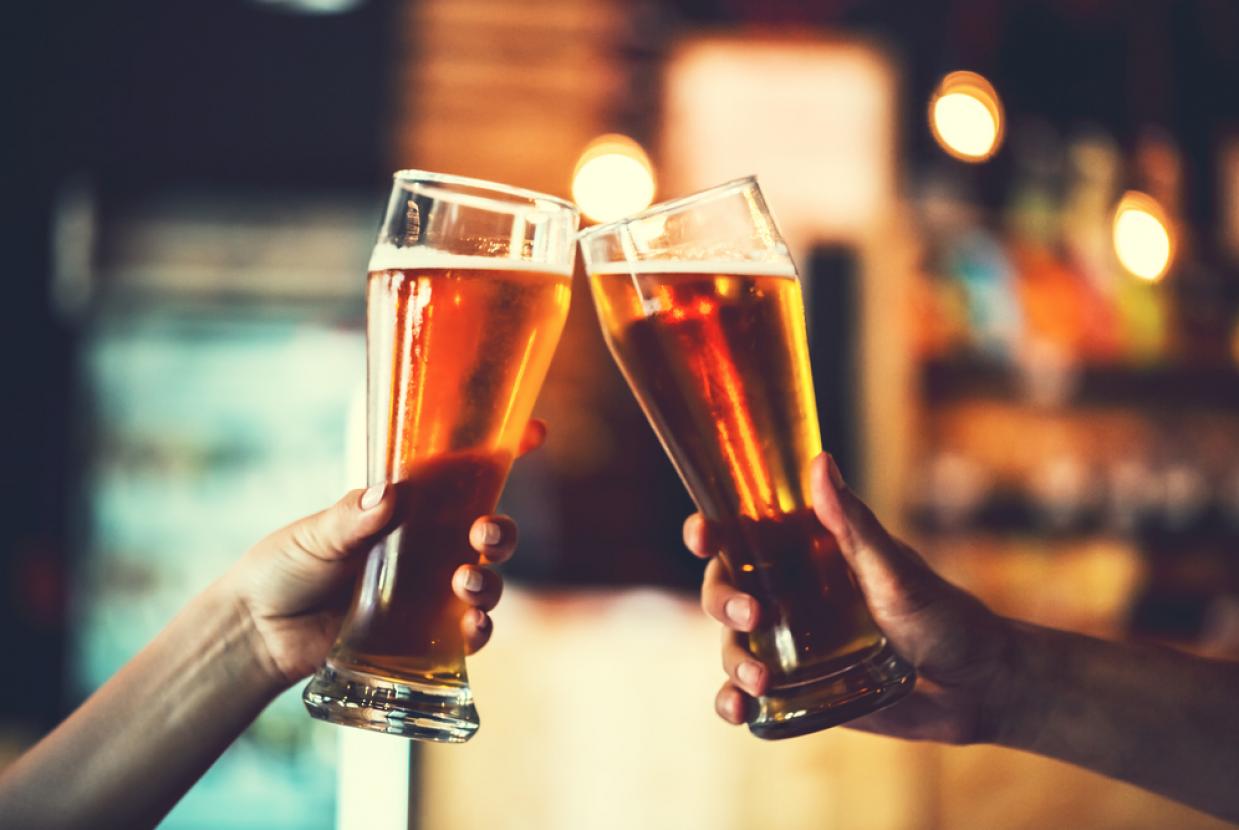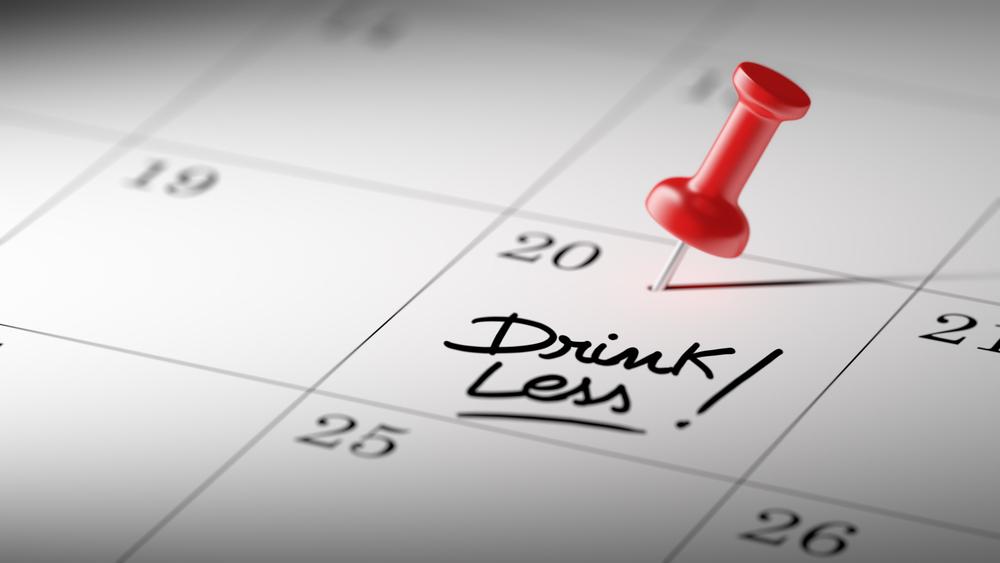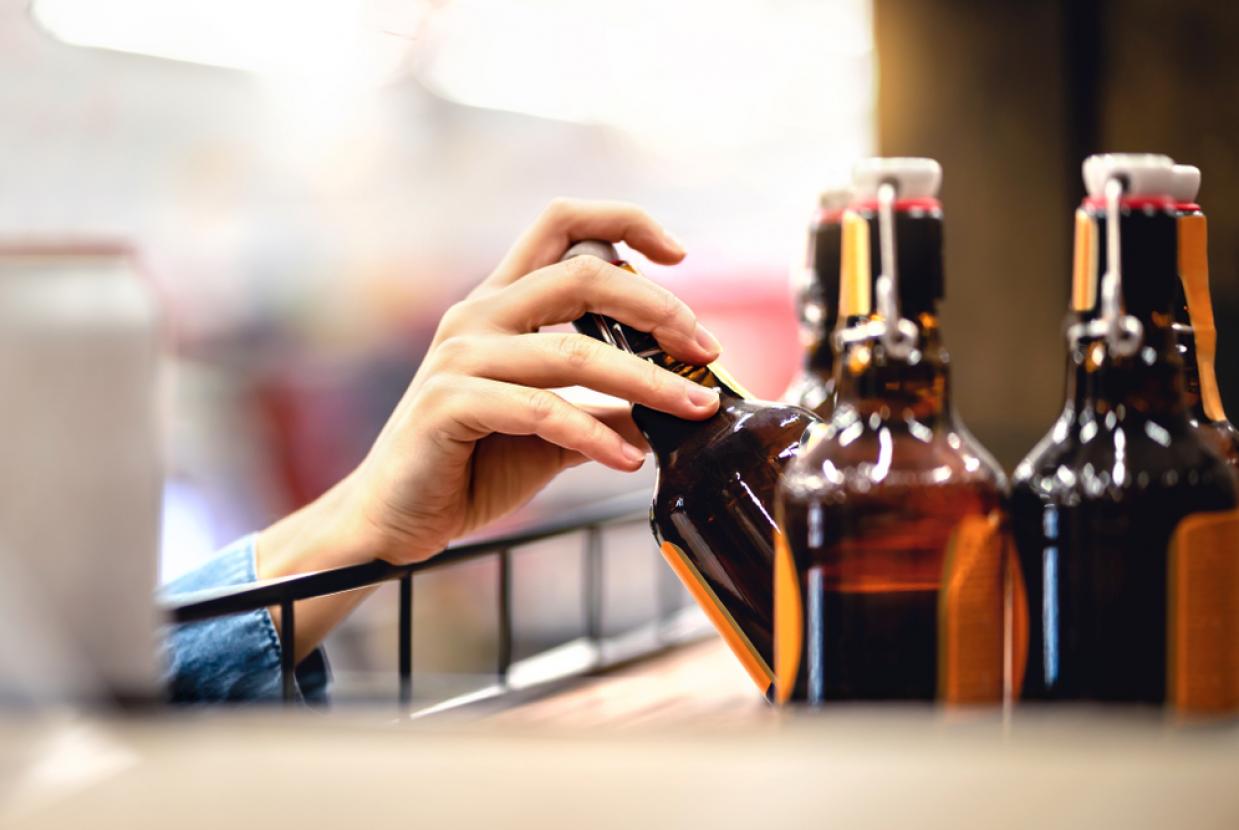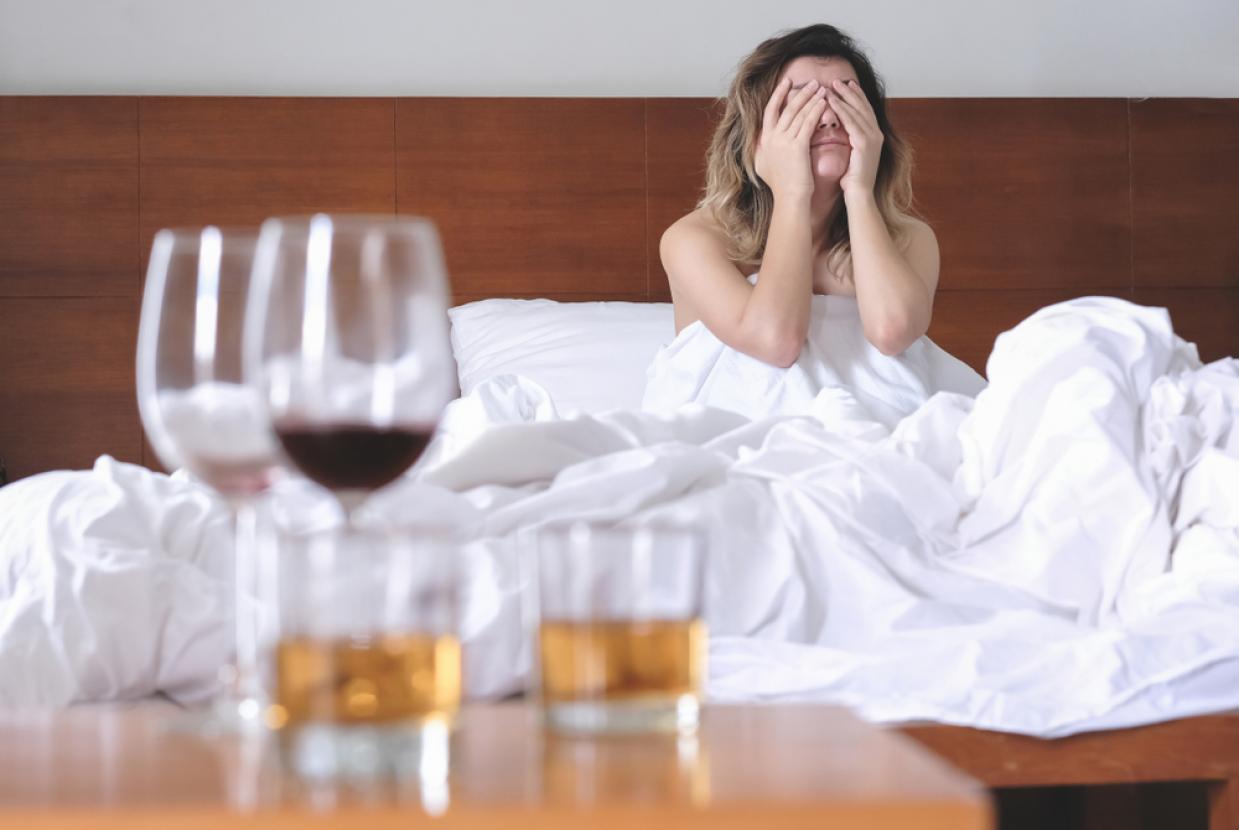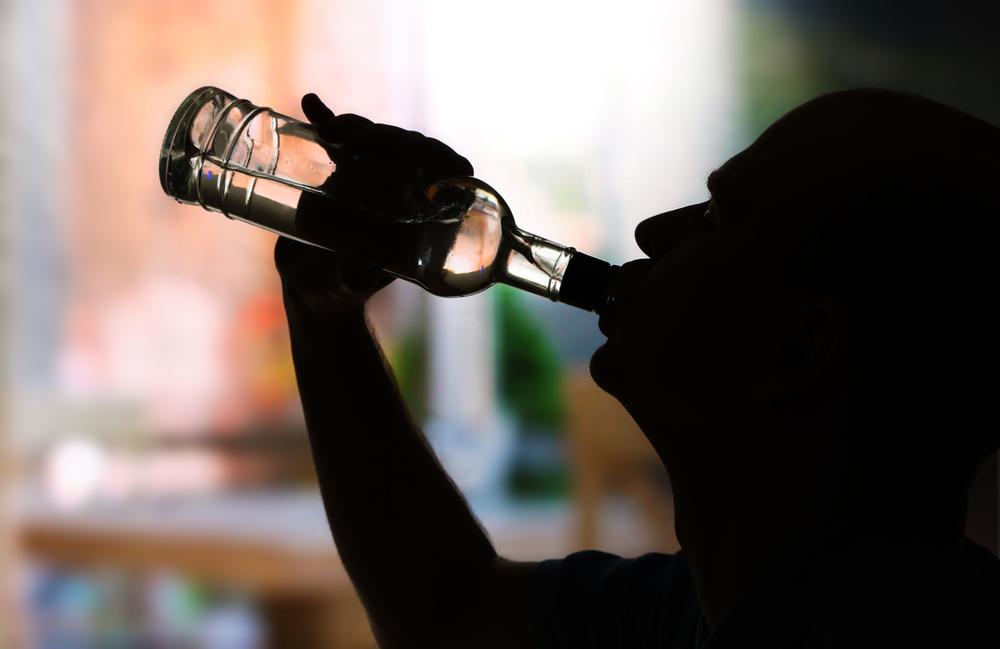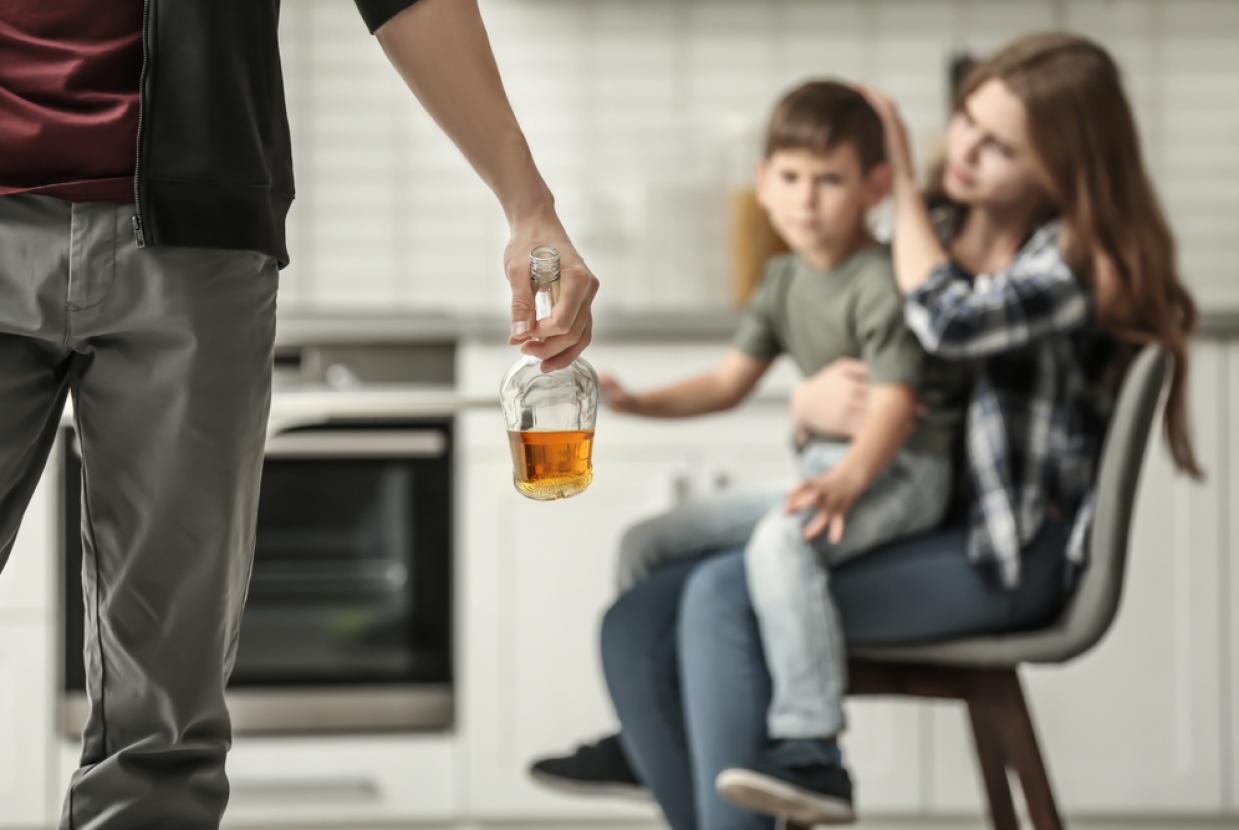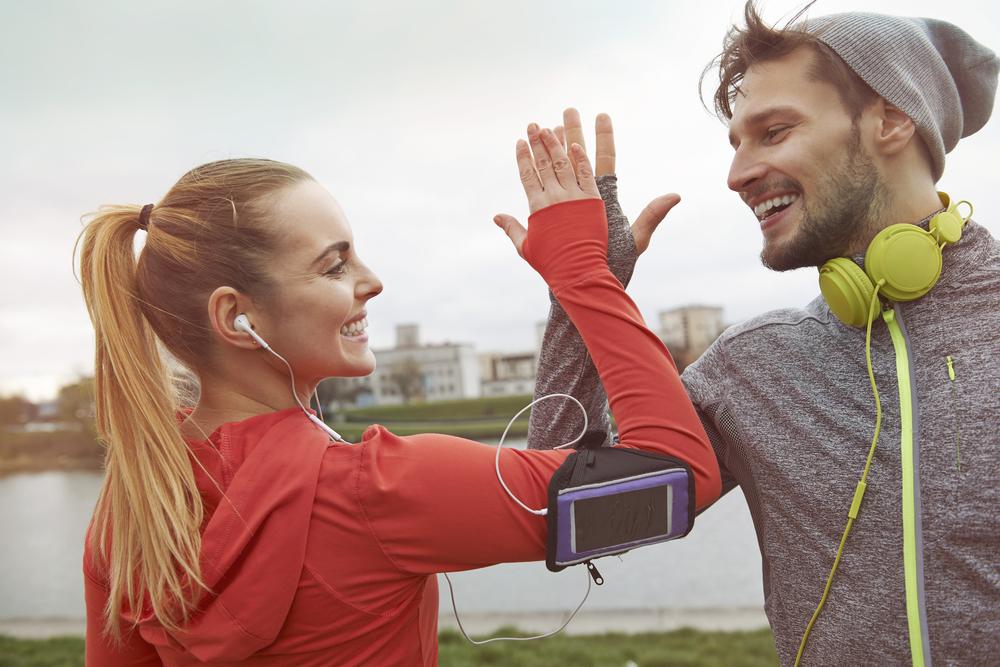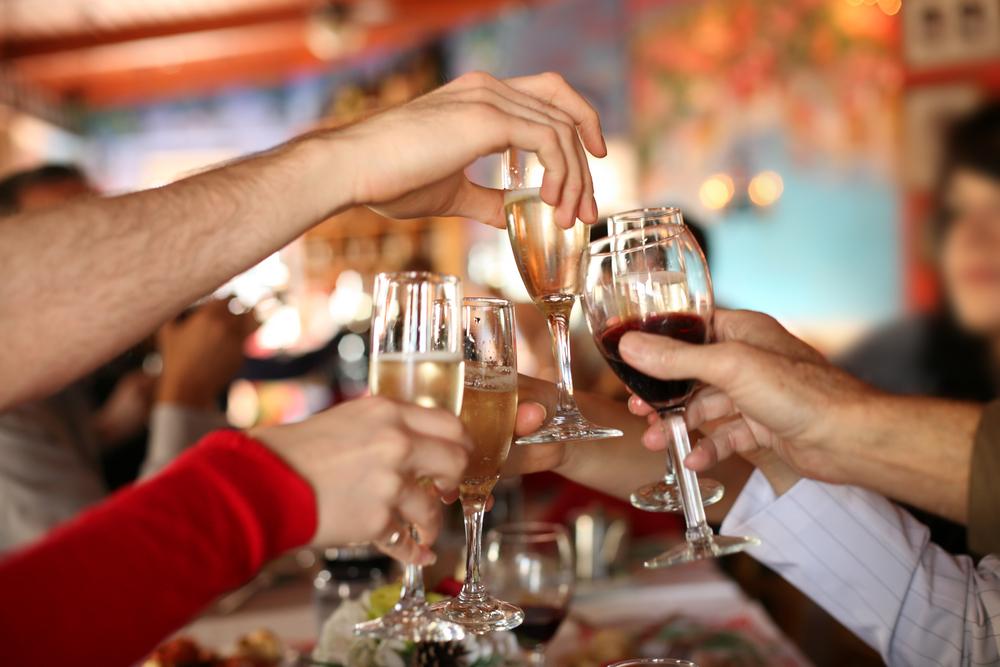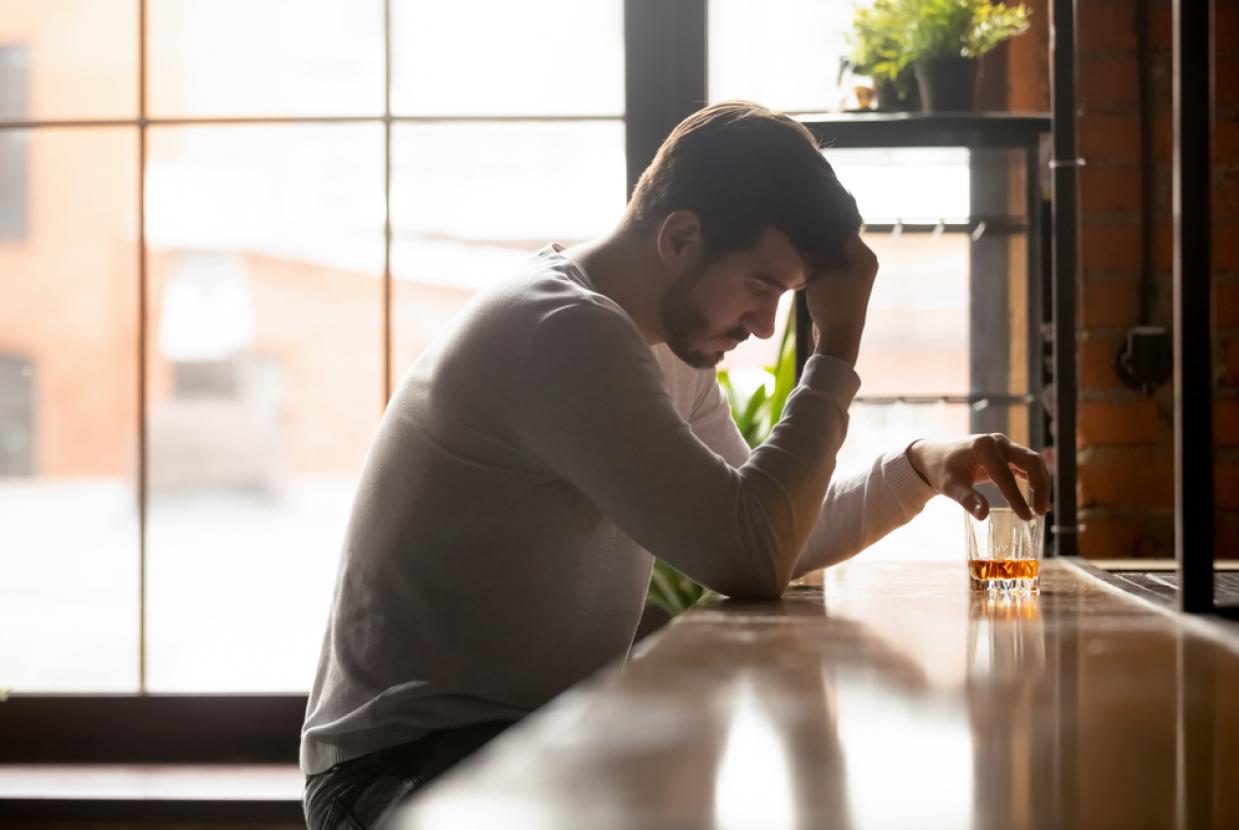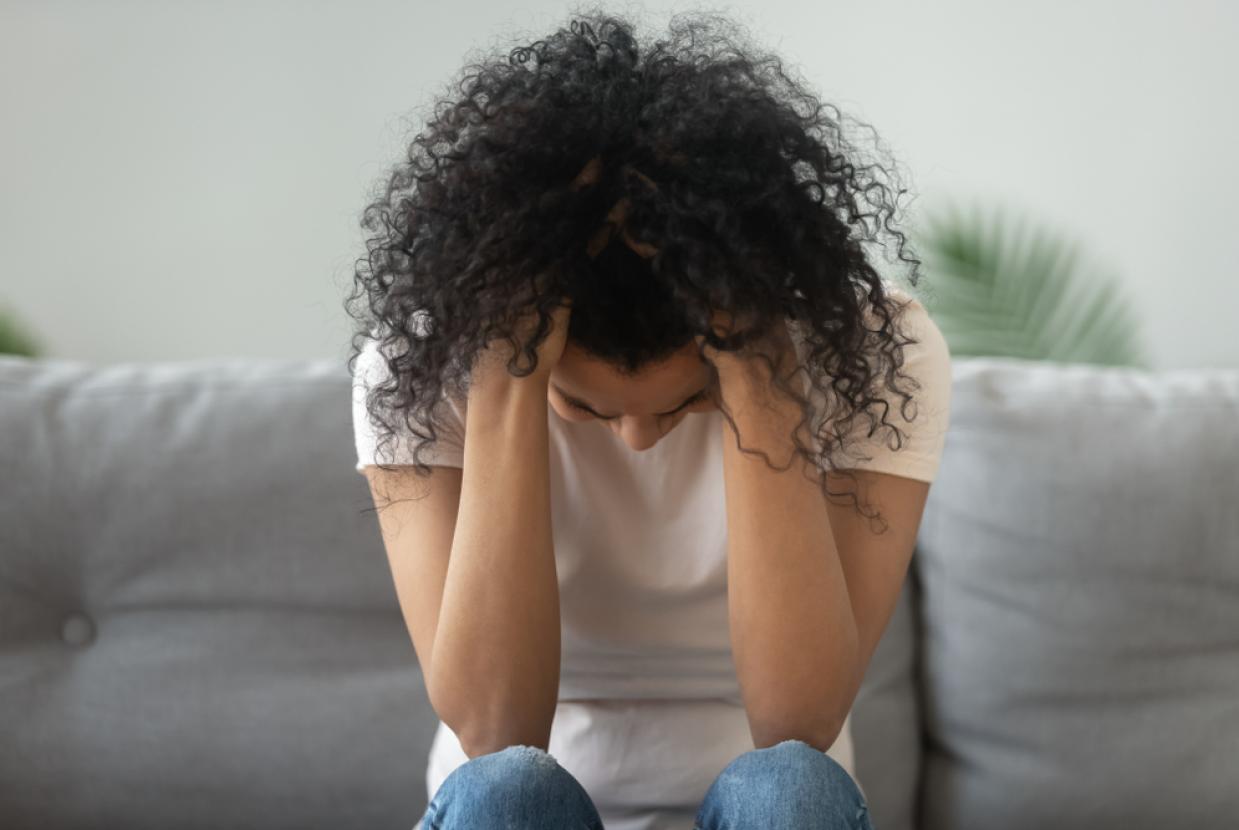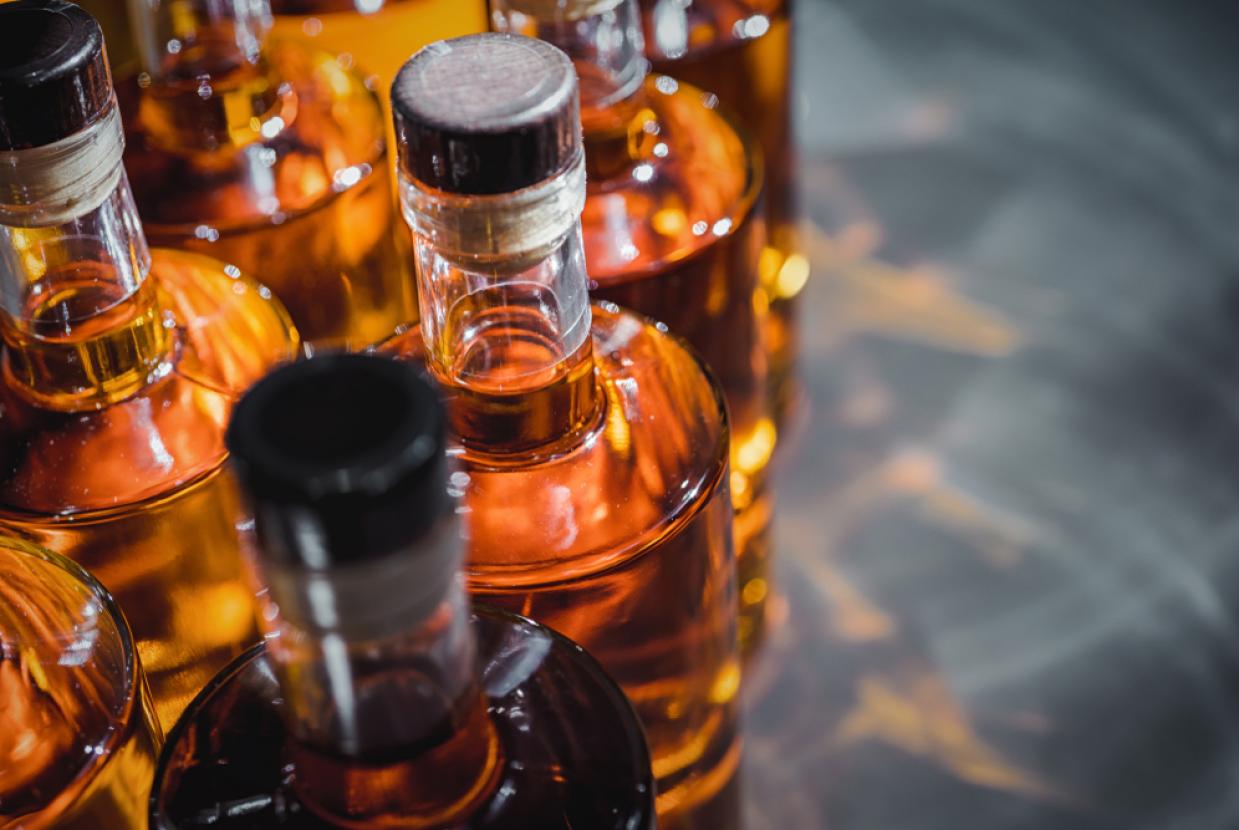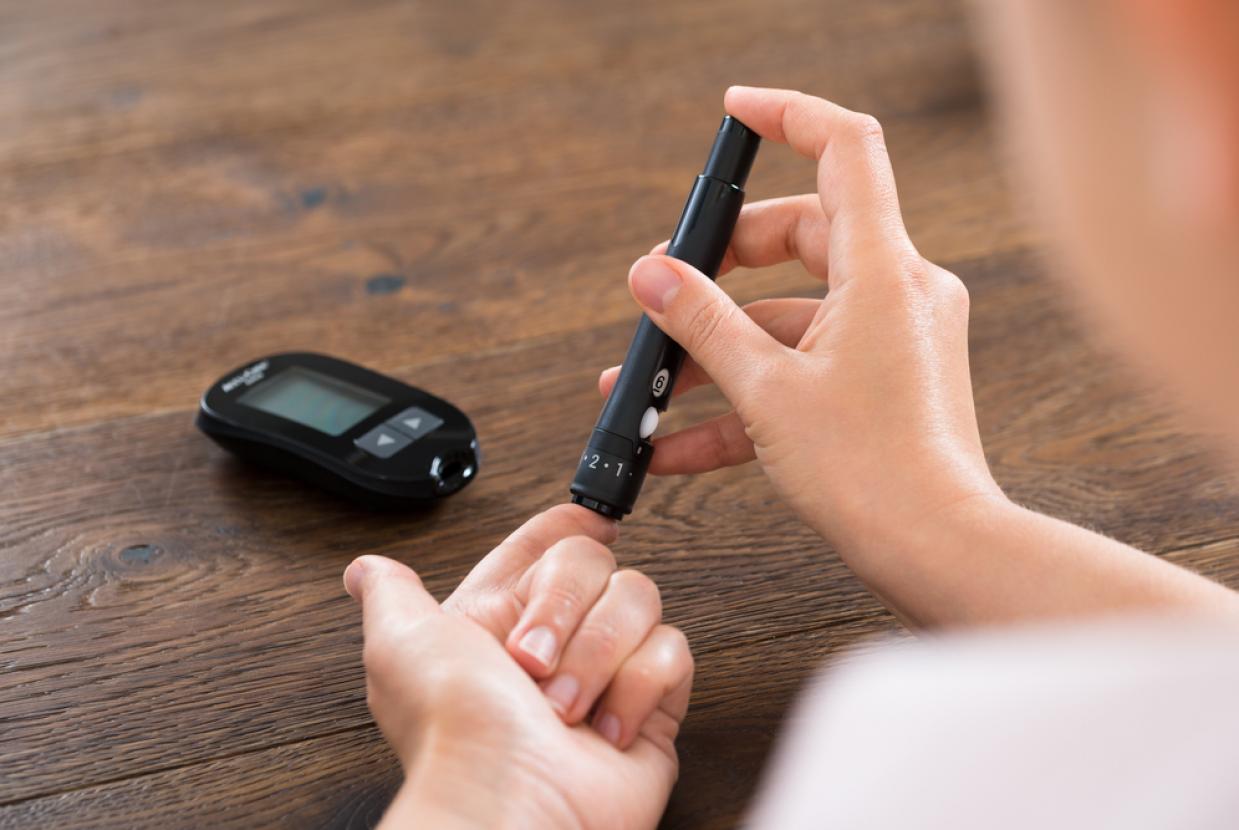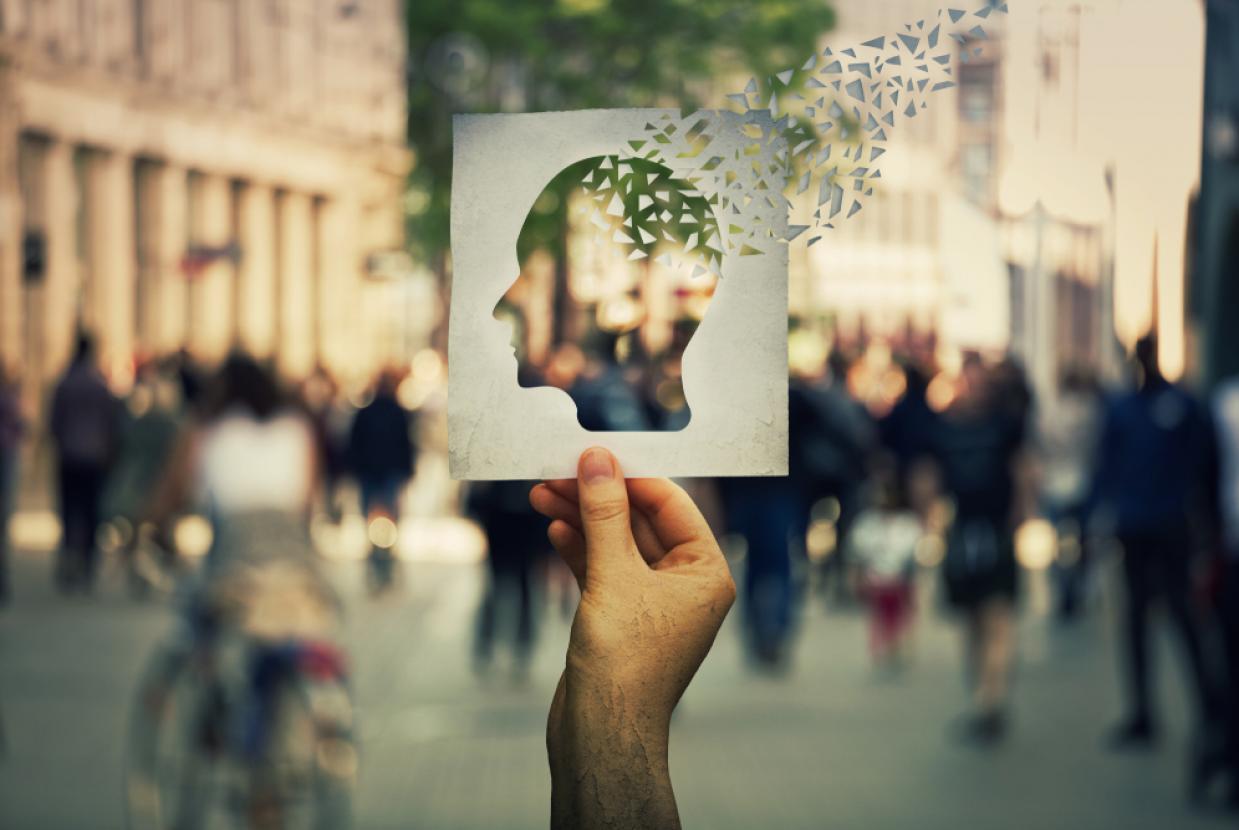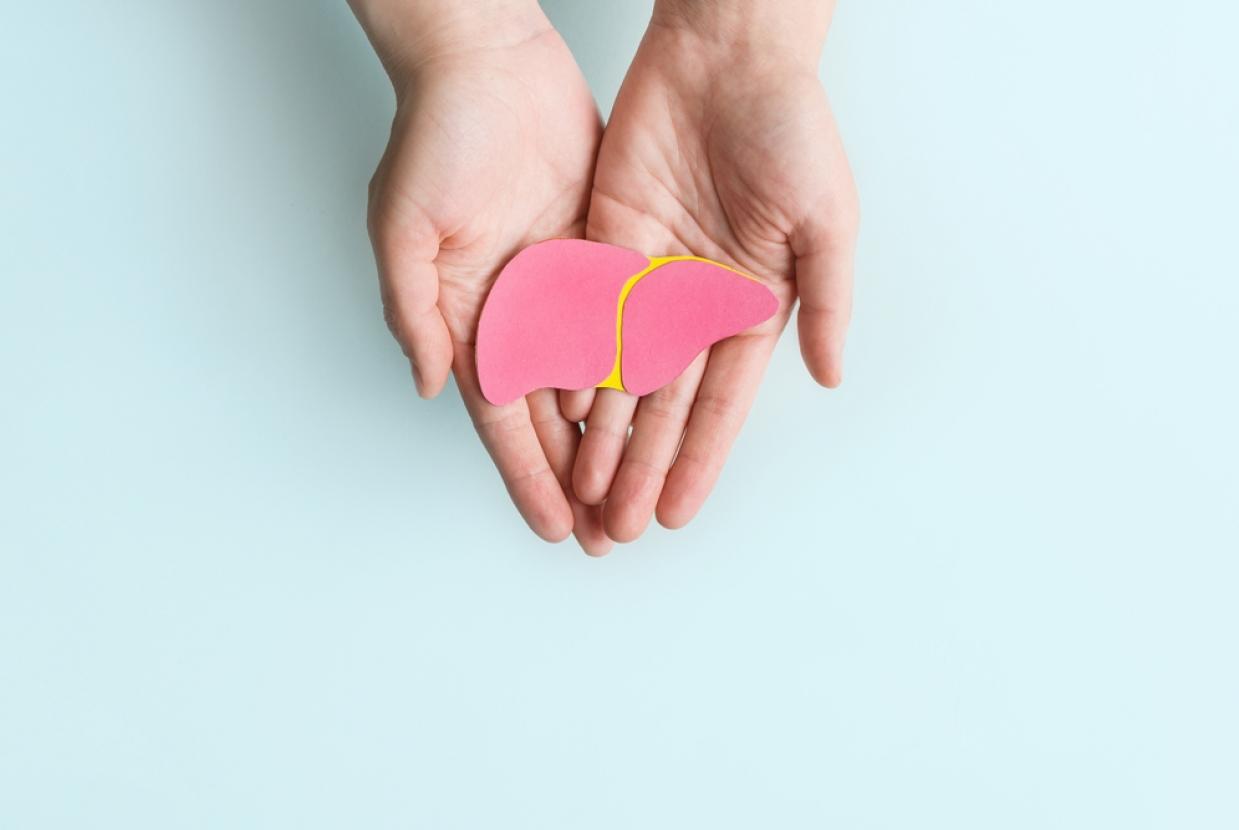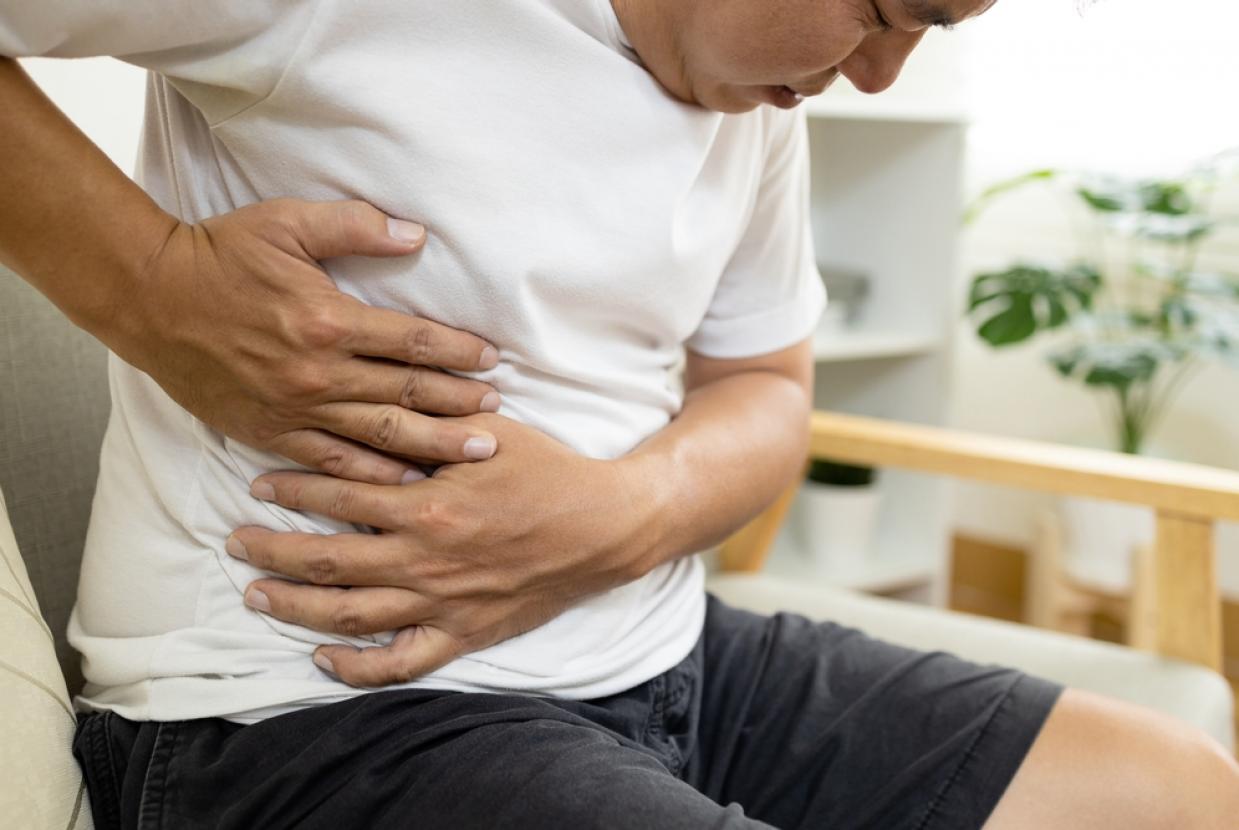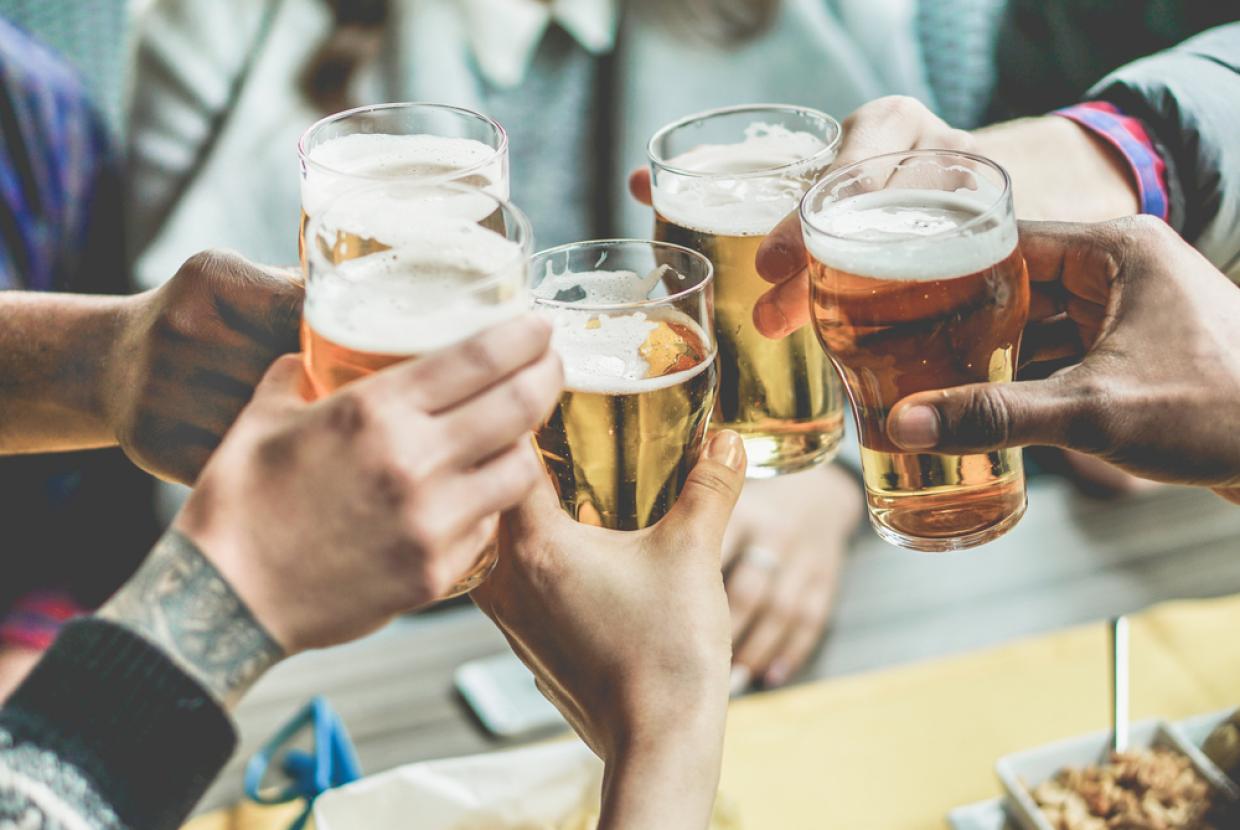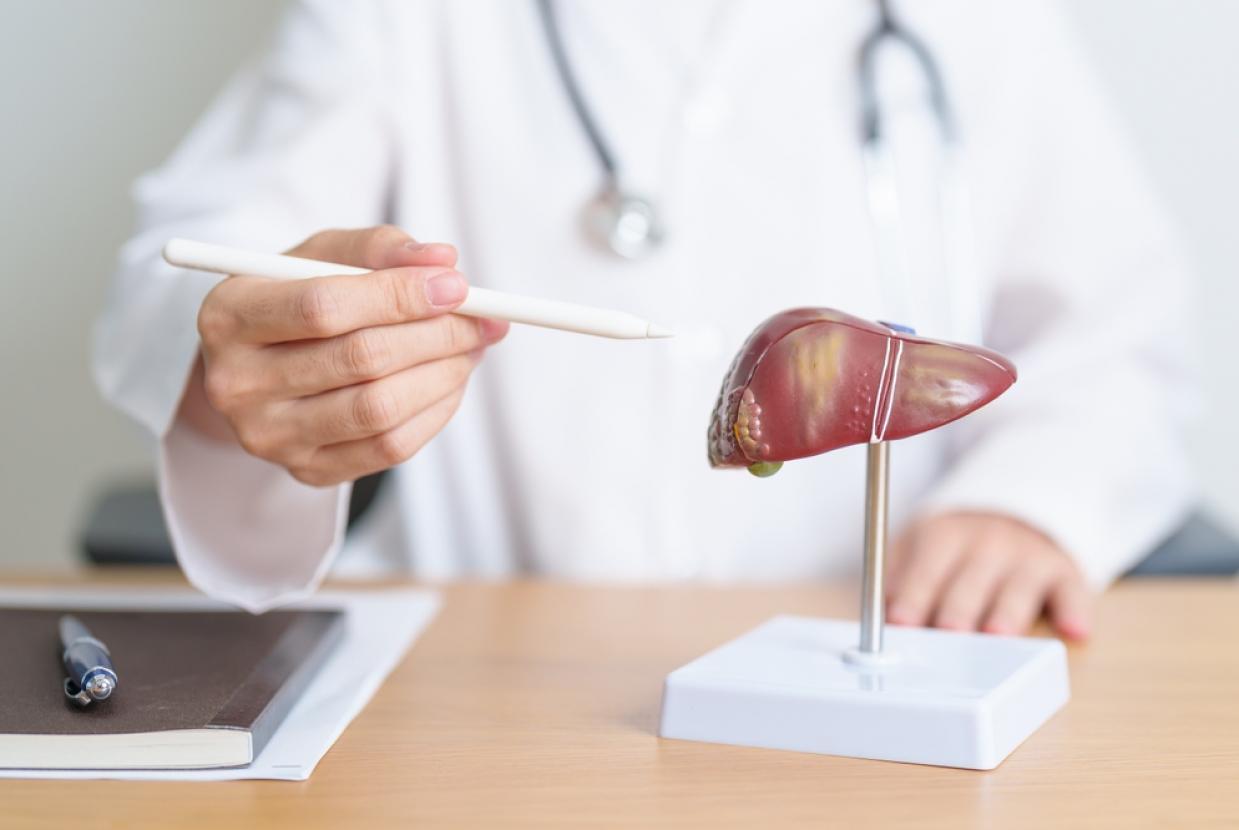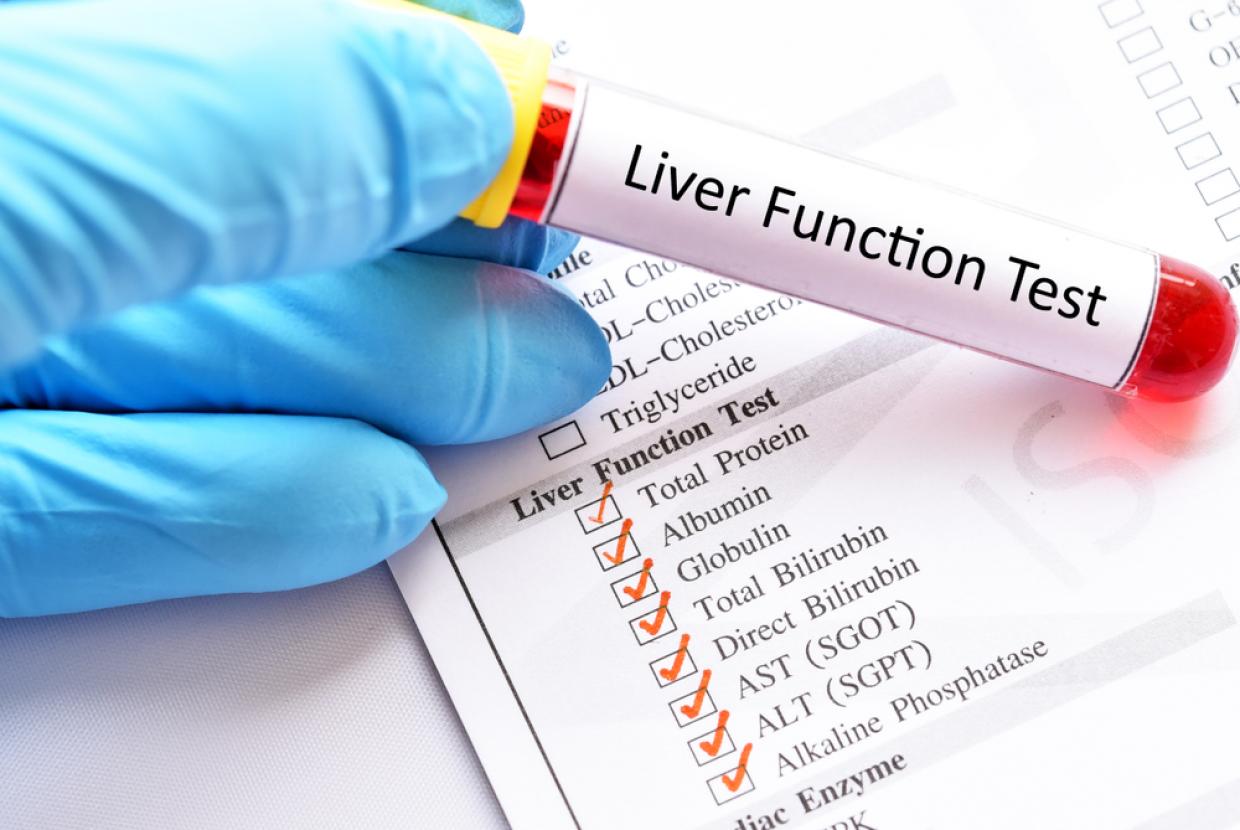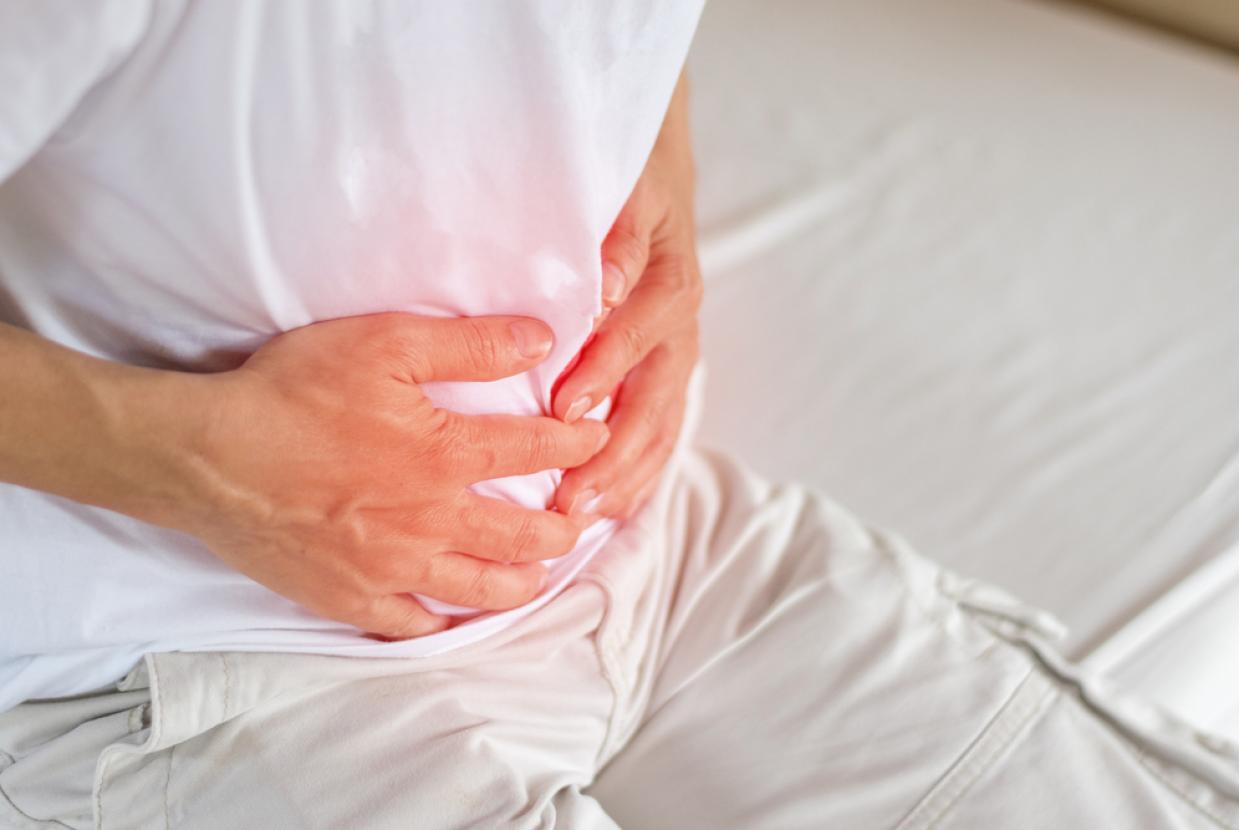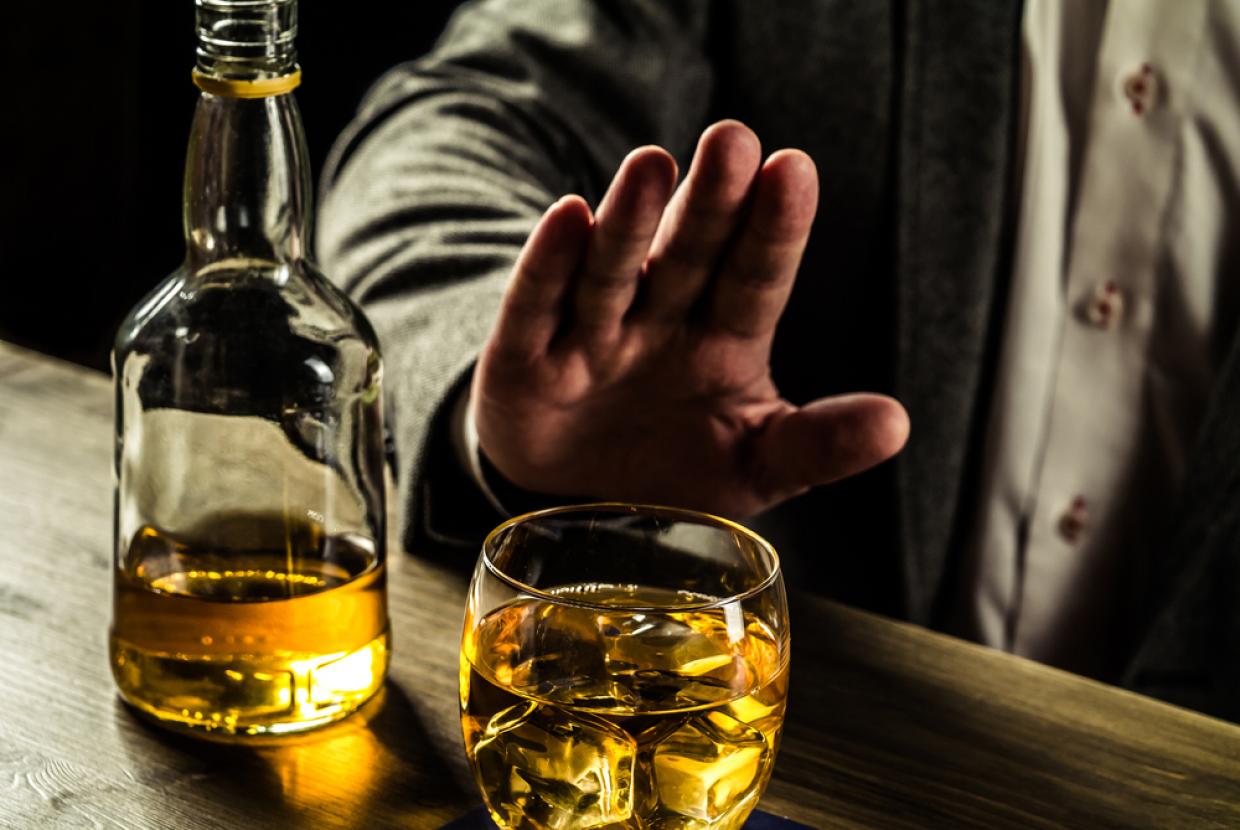Treatment Of ARLD
Successful treatment for alcohol-related liver disease (ARLD) often depends on whether someone is willing to stop drinking alcohol and make changes to their lifestyle.
Stopping drinking alcohol
Treatment for ARLD involves stopping drinking alcohol. This is known as abstinence, which can be vital depending on what stage the condition is at. If you have fatty liver disease, the damage may be reversed if you abstain from alcohol for a period of time (this could be months or years).
After this point, it's usually safe to start drinking again if you stick to the NHS guidelines on alcohol units. However, it's important to check with your doctor first. If you have a more serious form of ARLD (alcoholic hepatitis or cirrhosis) lifelong abstinence is recommended. This is because stopping drinking is the only way to prevent your liver damage getting worse and potentially stop you dying of liver disease.
Stopping drinking is not easy, especially as an estimated 70% of people with ARLD have an alcohol dependency problem. Nevertheless, if you have alcohol-related cirrhosis or alcoholic hepatitis and do not stop drinking, no medical or surgical treatment can prevent liver failure.
Withdrawal symptoms
If you're abstaining from alcohol, you may suffer withdrawal symptoms.
These will be at their worst for the first 48 hours, but should start to improve as your body adjusts to being without alcohol. This usually takes 3 to 7 days from the time of your last drink. Many people initially experience disturbed sleep when abstaining from alcohol, but in most cases their sleep pattern returns to normal within a month.
In some cases, you may be advised to reduce your alcohol intake in a gradual and planned way to help avoid withdrawal problems. You may also be offered a medicine called a benzodiazepine and psychological therapy, such as cognitive behavioural therapy (CBT), to help you through the withdrawal process.
Some people need to stay in hospital or a specialist rehabilitation clinic during the initial withdrawal phases so their progress can be closely monitored. If you're staying at home, you'll regularly see a nurse or another health professional. You might see them at home, your GP surgery or a specialist NHS service.
Preventing relapses
Once you have stopped drinking, you may need further treatment to help ensure you do not start drinking again. The first treatment usually offered is psychological therapy. This involves seeing a therapist to talk about your thoughts and feelings, and how these affect your behaviour and wellbeing.
If psychological therapy alone is not effective, you may also need medicine to help you abstain from alcohol, such as:
- acamprosate
- disulfiram
- naltrexone
Self-help groups
Many people with alcohol dependence find it useful to attend self-help groups to help them stop drinking. One of the most well-known is Alcoholics Anonymous (see the AA website for details), but there are many other groups that can help.
Diet and nutrition
Malnutrition is common in people with ARLD, so it's important to eat a balanced diet to make sure you get all the nutrients you need. Avoiding salty foods and not adding salt to foods you eat can reduce your risk of developing swelling in your legs, feet and tummy caused by a build-up of fluid.
The damage to your liver can also mean it's unable to store glycogen, a carbohydrate that provides short-term energy.
When this happens, the body uses its own muscle tissue to provide energy between meals, which leads to muscle wasting and weakness. This means you may need extra energy and protein in your diet.
Healthy snacking between meals can top up your calories and protein. It may also be helpful to eat 3 or 4 small meals a day, rather than 1 or 2 large meals.
Your GP can advise you on a suitable diet or, in some cases, refer you to a dietitian. In the most serious cases of malnutrition, nutrients may need to be provided through a feeding tube inserted through the nose and into the stomach.
Medicine for symptoms
The use of medicine to directly treat ARLD is controversial. Many experts have argued there's limited evidence for its effectiveness.
For people with severe alcoholic hepatitis, treatment in hospital may be necessary. Specific treatment with corticosteroids may be used to reduce inflammation of the liver in some people with this condition. Nutritional support is also an important part of treatment in these cases.
Liver transplants
In the most serious cases of ARLD, the liver loses its ability to function, leading to liver failure.
A liver transplant is currently the only way to cure irreversible liver failure.
A liver transplant may be considered if:
- you develop progressive liver failure, despite not drinking alcohol
- you're otherwise well enough to survive such an operation
- you commit to not drinking alcohol for the rest of your life
Taking medicines with ARLD
If you have ARLD, it's important to talk to your GP or pharmacist before taking over-the-counter or prescription medicines. ARLD can affect the way the body processes some medicines.


